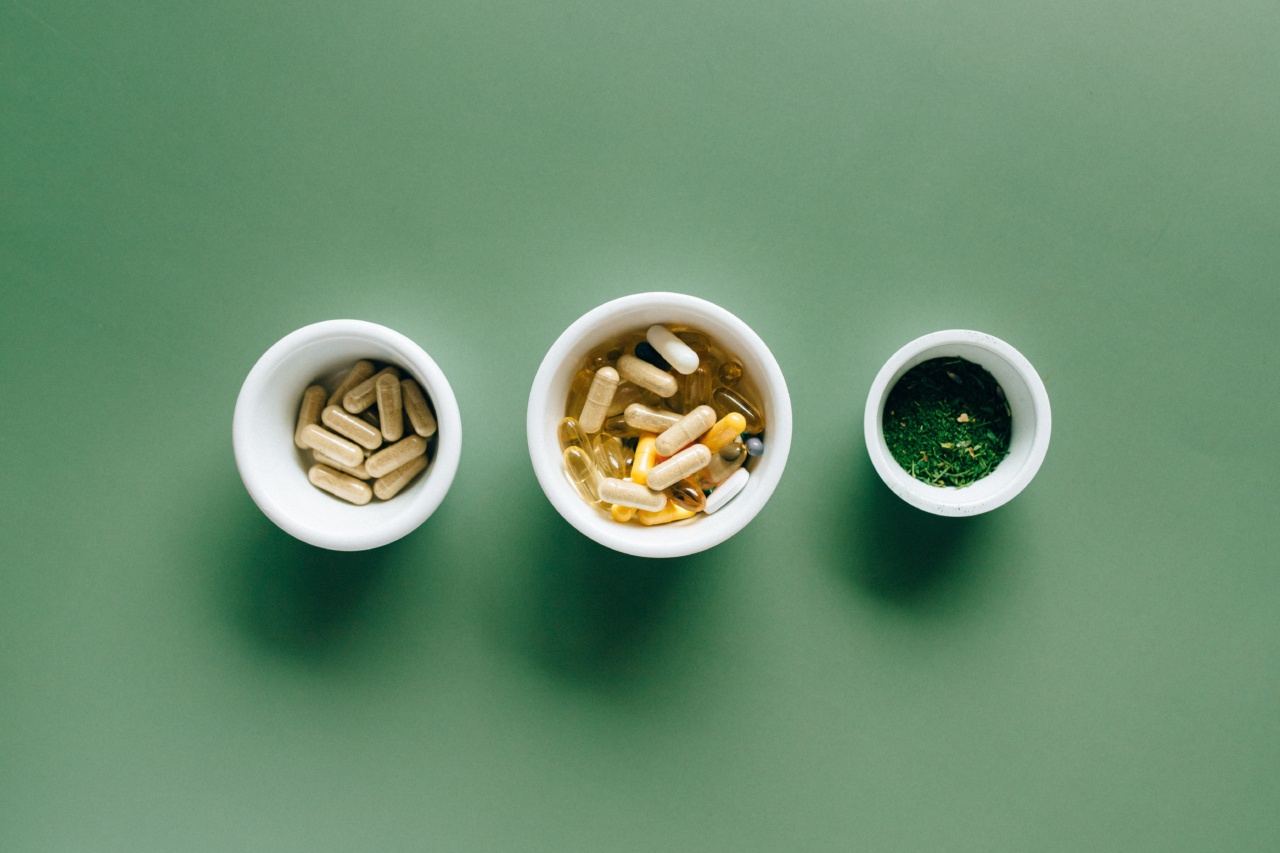Vitamins and supplements are essential for maintaining a healthy body and mind. However, taking them is not enough, how you take them and when you take them plays a major role in how effective they are.
Here are some tips to help you get the most out of your vitamins and supplements.
1. Consult with a healthcare professional
Before taking any vitamins or supplements, it is crucial to talk to a healthcare professional.
They can advise you on which ones are safe and effective for you, make sure the supplements you take do not interact with any of the medications you are taking and help you determine the right dosage for your needs.
2. Take supplements with food
Many supplements are more effective when consumed with a meal. This is because food helps your body absorb the nutrients better.
Vitamins and supplements that are fat-soluble like Vitamins A, D, E, and K should always be taken with food to boost absorption.
3. Store supplements correctly
Most vitamins and supplements are sensitive to light, heat, and moisture. It is important to store them in a cool, dry place away from direct sunlight. Also, keep them out of reach of children, especially if they are in gummy form or look like candy.
4. Be consistent in taking them
The key to success when taking vitamins and supplements is consistency. It is important to take them every day at the same time for the best results. Setting a reminder or taking them with meals can help make it a daily habit.
5. Avoid overdosing
Some vitamins, like Vitamin C, are water-soluble and your body will excrete the excess if taken in large doses. However, other vitamins, like Vitamin A, can build up in your body and be toxic in high doses.
Always follow the recommended dosage and never take more than what is recommended.
6. Take them at the right time
Sometimes the timing of when you take vitamins and supplements is as important as taking them. For example, if you are taking iron supplements, take them in the morning on an empty stomach, as it is better absorbed on an empty stomach.
Magnesium should be taken at night, as it can help relax your muscles and help you sleep better.
7. Choose quality supplements
Not all supplements are created equal. It is important to choose high-quality supplements that are free of fillers and contaminants.
Look for supplements that have been tested and certified by third-party organizations to ensure their quality and effectiveness.
8. Combine with a healthy diet
Vitamins and supplements should not replace a healthy diet but are meant to supplement it.
Eating a variety of nutrient-dense foods like fruits, vegetables, whole grains, and lean protein can help ensure that your body is getting the micronutrients it needs to function optimally.
9. Don’t take supplements as a “quick fix”
While supplements can be beneficial, they are not a quick fix. It takes time for your body to absorb and utilize the nutrients in supplements.
It is also important to remember that supplements cannot compensate for unhealthy lifestyle choices like smoking, excessive alcohol use, and a poor diet.
10. Read product labels carefully
Be sure to read the label of the supplements you take carefully. Look for the active ingredients, dosage, and any potential allergens or interactions with medications.
If you have any questions or do not understand something, ask your healthcare provider before taking the supplement.





























